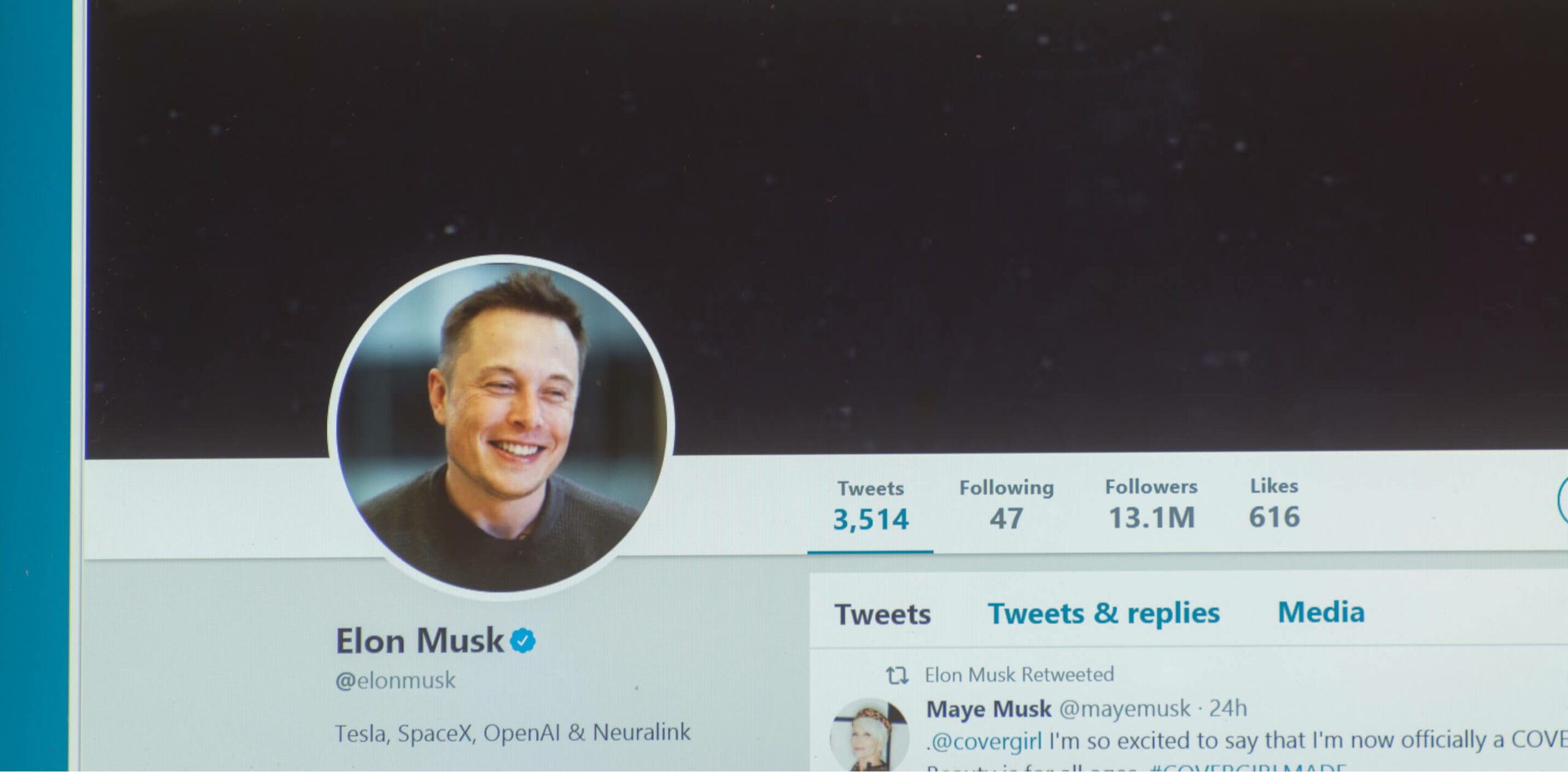Early in my PR agency career, our team was summoned by the CEO of a prestigious client. He was a brilliant and entrepreneurial hospitality executive who had been brought in to turn around a luxury travel company. The CEO fulminated about competitors getting better trade coverage than his company. He even tossed one of the offending rags on his table as our team and the long-suffering corporate communications head promised more aggressive outreach. As we left the office, he muttered, “I could do the PR better than anyone if only I had the time.”
That CEO was in many ways correct. He certainly knew more about the business than anyone. Of course he never would have found the time or discipline to manage a media a relations function, and it would have been a poor use of that time. But his words stuck with me, in part because they epitomized the classic PR agency challenge – you must earn your fee by adding value every day.
High-impact PR roles under pressure
The same can be said for corporate communications. As an agency person I’d always assumed that those in client-side roles were safe. After all, any major company needs a strong corporate communications function to manage its reputation, especially in a chaotic and unpredictable news environment. It’s indispensable, right? It was that way, but now things aren’t so simple. Elon Musk’s example has the PR community wondering if his company is the exception to the rule, or possibly a sign of something to come.
As Musk-watchers know, Tesla disbanded its internal PR group at some point last year (we’re not sure when, because there was no announcement and no confirmation from Tesla, naturally.) For months, it has relied on its founder’s Twitter account and the company’s YouTube channel for outbound communications. Media, naturally, didn’t take the decision well. The PR community was also underwhelmed. The Public Relations Society of America responded with a statement warning that, “Disengagement is not a path to success and can result in dramatic reputational ramifications with long-term consequences. Strategic communication counsel is a critical element of reputation management, as is a robust, fully functioning, effective and transparent communications process.”
The Trump model of corp comm
Not so Tesla. Call it the Trump model of corporate communications. If you don’t like your media coverage and don’t trust the journalists who cover you, why bother? Like the former president before his Twitter ouster, Musk can command social and media attention with a mere tweet. He resents bad press and often seeks to punish or freeze out those who don’t cover his businesses the way he’d like. He prefers to communicate directly to friends and fans. (Remind you of anyone?) But as EV news site Electrek observes, “Elon simply doesn’t have the bandwidth to answer even just 1% of inquires, but also… seems to be almost exclusively responding to fans who are lavishing praise on him via Twitter and almost never challenge his views.”
That would be a red flag for most companies, but, face it, Tesla isn’t most companies. Yet it signals potential changes for communicators who represent high-growth, entrepreneurial organizations.
How corporate communications has changed
First, cynicism abounds. We cannot assume the public believes a given company is operating in good faith. Although businesses in general probably inspire more trust from the public than government and even religious institutions, the environment we work in is sharply polarized. You have to demonstrate your intentions through behavior. Also, relationships have suffered during the pandemic; the typical PR-media relationship is more transactional than friendly, and it’ll probably stay that way.
Stakeholders have growing influence. Stakeholders like partners and especially employees wield enormous reputational influence. That’s why we’re seeing powerful businesses like Google drop its work in warfare technology for the Pentagon, for example. More recently, a group called Amazon Employees for Climate Justice publicly urged the company to commit to getting its electricity from renewable sources. Within months, Amazon pledged to reach 100% renewables by 2030. That’s real power, and it makes sense to focus where the influence is.
Social content is as powerful as earned media. Owned media may not be as credible, but for many organizations, corporate content channels are a safer and even more potent option than earned media coverage that may include criticisms or mentions of competitors. Even more persuasive are user views and social content from legitimate influencers. Today’s corporations have many more tools and far more content at their disposal than they ever did in the past.
What it adds up to is that corporate communications is changing along with everything else. Like agency work, it requires diverse skills, constant proactivity, and experience that extends well beyond traditional PR and media relations. The top-tier corporate communicators of today and the future must be content experts, media strategists, and internal facilitators who earn their own reputation every day.

